“President Biya Was Able To Steady The Statecraft”
- Par Roland MBONTEH
- 23 juil. 2025 11:02
- 0 Likes
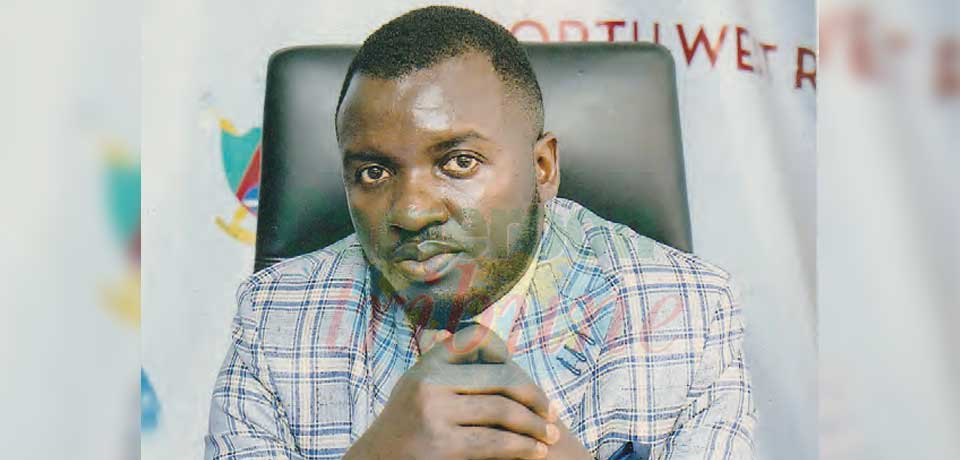
Tilarious Atia (PhD), Political Scientist.
What assessment can you make of President Paul Biya’s stewardship in the last seven years mandate as far as the political and diplomatic landscape are concerned?
The mandate of “Great Opportunities” from 2018 to 2025 has been a period of mixed blessings for Cameroon, with the country weathering external economic shocks and grappling with internal expectations. Noteworthy growth has been seen in all fabrics of national life, notably: politics, diplomacy, economy, infrastructure development, social development, national unity and integration. Overall, President Paul Biya was able to steady the statecraft over the last seven years, rerouting the country on the party to emergence by 2035 and placing the country on an enviable position under the sun. On 6 June 2024, the United Nations General Assembly elected Philemon Yang of Cameroon as President of its seventy-ninth session, which runs from September 2024 until September 2025. This is a very huge diplomatic harvest for the Biya mandate of “Great Opportunities”.
To your opinion, what has been the biggest political hallmark during the ending mandate?
The biggest political achievement of the Biya regime from 2018 to 2025 has been the organisation of the Major National Dialogue in 2019. It was an opportunity for the country to reconcile with itself. After this dialogue, he kept his promise of broadening the powers of regional and local authorities in order to provide them with greater autonomy. The passing into law of the General Code of Regional and Local Authorities in December 2019 is testament of President Paul Biya’s resolve to give great autonomy to local councils. The holding of Regional Elections in 2020 gave impetus to decentralisation and local development.
Looking at the Decentralisation drive, what is your assessment of the implementation of the Decentralisation policy and how has it influenced local development?
Law no. 2019/024 of 24 December 2019 to institute the General Code of Regional and Local Authorities has made the citizens to be aware of their responsibilities and has put in place mechanisms to help the people develop their sense of participation. This is thanks to Sections 40 & 4 1 of the Law which makes imperative the participation of citizens in the actions of councils and regions. The decentralisation policy has since taken an irreversible turn, with the Common Decentralisation Fund swelling. In 2024 alone, in the North-West Region, Regional and Local Authorities carried out close to 150 development projects financed by the Common Decentralization Fund. Many such development projects are ongoing in the remotest areas of the country, thanks to President Biya’s decentralisation vision.
Decentralization is intrinsically linked to strengthening of the democratization process. With the putting in place of the Public Independent Conciliator in the North-West and South-West regions, democratic competition at both local and national levels has greatly improved through the principle of participation, transparency and accountability. Regional and Local Authorities have become more accountable to their communities. President Paul Biya from 2018 to 2025 gave value to democracy with every single citizen a part of the whole and this is better expressed at the local level. Decentralization has led to economic development because local communities can better mobilize their resources for public investments essential for economic development when coordinated by trusted local leaders.
How can you evaluate the efforts made by the regime in resolving the crisis in the last seven years?
On Novem...
Cet article complet est réservé aux abonnés
Déjà abonné ? Identifiez-vous >
Accédez en illimité à Cameroon Tribune Digital à partir de 26250 FCFA
Je M'abonne1 minute suffit pour vous abonner à Cameroon Tribune Digital !
- Votre numéro spécial cameroon-tribune en version numérique
- Des encarts
- Des appels d'offres exclusives
- D'avant-première (accès 24h avant la publication)
- Des éditions consultables sur tous supports (smartphone, tablettes, PC)






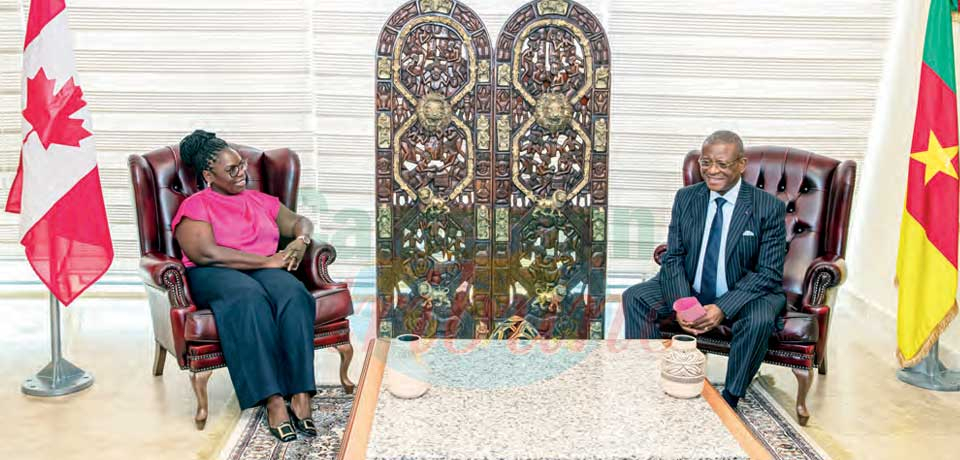
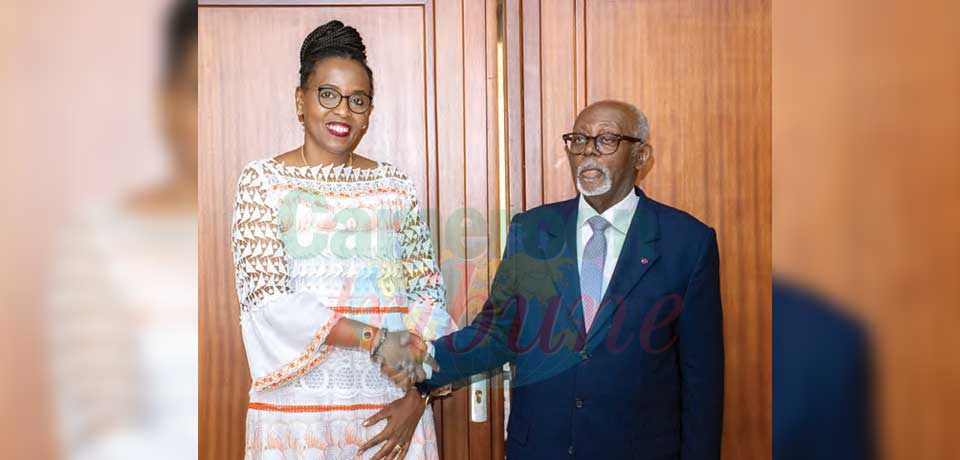
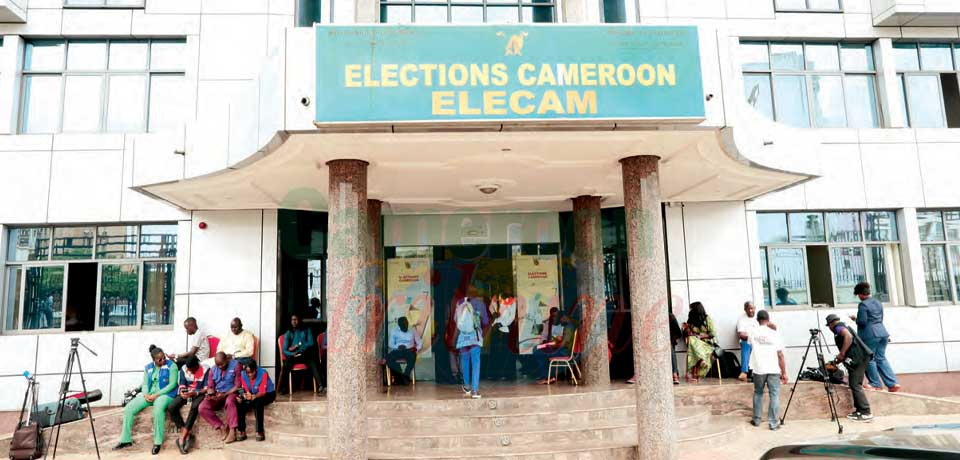
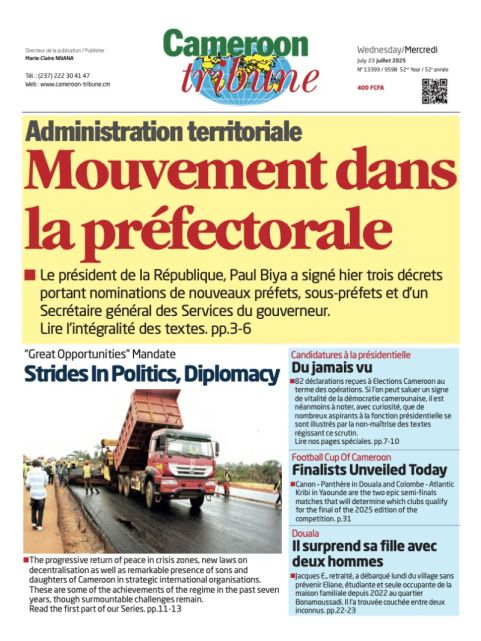




Commentaires